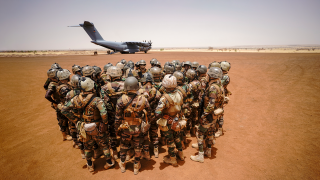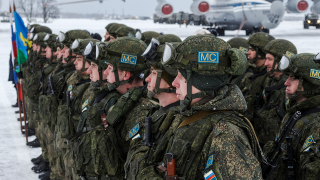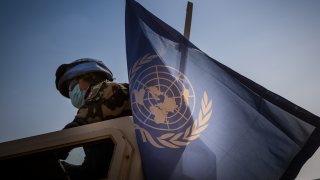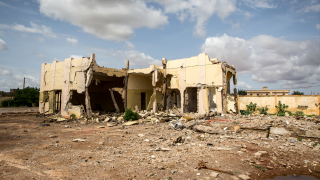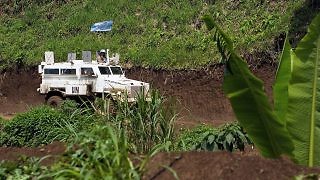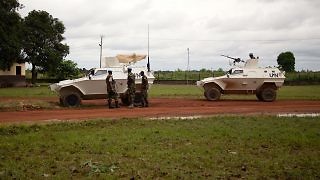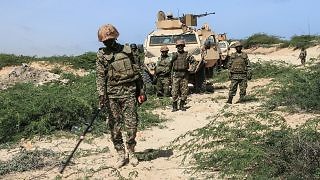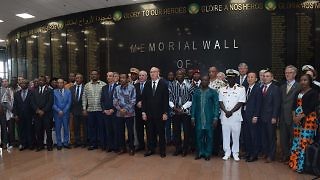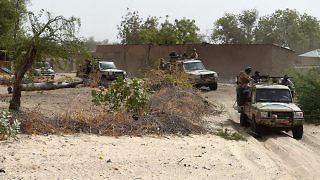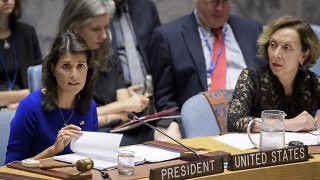The complex, and not always coordinated, ecosystem of military operations across the Sahel has been aptly labeled a security traffic jam. Why are external forces in the Sahel? Can they help resolve any of the region’s crises? And, if so, what configuration of external forces makes the most sense?
Author: Paul D. Williams
-
-
Putin has ordered Russian soldiers to conduct what he called “peacekeeping operations” in Donetsk and Luhansk, a clear violation of international law and a perversion of the important international concept of peacekeeping.
-
Neither local nor international politics are currently right for a UN peacekeeping deployment in Afghanistan.
-
The question of how the UN should best support non-UN peace operations is longstanding, however a UN support office for the G5 Sahel Joint Force is a bad idea.
-
A closer look at the last decade of peace operations highlights ten macro-level trends.
-
Peace operations are a highly resilient international institution for managing armed conflict.
-
Overall, AMISOM had made progress on its three current strategic objectives, however, the mission continues to face difficult challenges and limitations.
-
New evidence comes from independent research, newly-released financial statements, a dataset listing attacks on peacekeepers, and the erection of a memorial.
-
Debate continues over who should authorize, finance, and provide them with various forms of assistance. Outside of their benefits and drawbacks, it is clear that the coalitions pose particular challenges for the African Union (AU).
-
The UN’s special political missions are paid for out of the UN’s regular budget, but paying for most peacekeeping missions involving police and military contingents is much more complicated.
